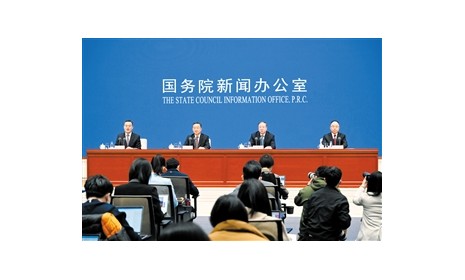2024年7月4日,欧盟食品安全局就一种食品酶枯草杆菌蛋白酶(subtilisin)的安全性评价发布意见。
据了解,这种食品酶是由非转基因副地衣芽孢杆菌菌株AP-01生产的,旨在用于4种食品生产过程。
经过评估,专家小组认为,在预期的使用条件下,不能排除通过饮食接触引起过敏反应的风险,特别是对甜瓜或石榴过敏的人,但不会超过食用甜瓜或石榴的风险。根据所提供的数据,专家小组无法排除杆菌肽(一种重要的医学抗菌剂)的存在,因此无法确定这种食品酶的安全性。部分原文报道如下:
The food enzyme subtilisin (EC 3.4.21.62) is produced with the non-genetically modified Bacillus paralicheniformis strain AP-01 by Nagase (Europa) GmbH. It was considered free from viable cells of the production organism. The food enzyme is intended to be used in five food manufacturing processes. Since residual amounts of food enzyme-total organic solids (TOS) are removed in one process, dietary exposure was calculated only for the remaining four food manufacturing processes. It was estimated to be up to 0.875 mg TOS/kg body weight per day in European populations. The production strain of the food enzyme has the capacity to produce bacitracin and thus failed to meet the requirements of the Qualified Presumption of Safety approach. Bacitracin was detected in the industrial fermentation medium but not in the food enzyme itself. However, the limit of detection of the analytical method used for bacitracin was not sufficient to exclude the possible presence of bacitracin at a level representing a risk for the development of antimicrobial resistant bacteria. A search for the similarity of the amino acid sequence of the food enzyme to known allergens was made and twenty-eight matches with respiratory allergens, one match with a contact allergen and two matches with food allergens (melon and pomegranate) were found. The Panel considered that the risk of allergic reactions upon dietary exposure to this food enzyme, particularly in individuals sensitised to melon or pomegranate, cannot be excluded, but would not exceed the risk of consuming melon or pomegranate. based on the data provided, the Panel could not exclude the presence of bacitracin, a medically important antimicrobial, and consequently the safety of this food enzyme could not be established.
















